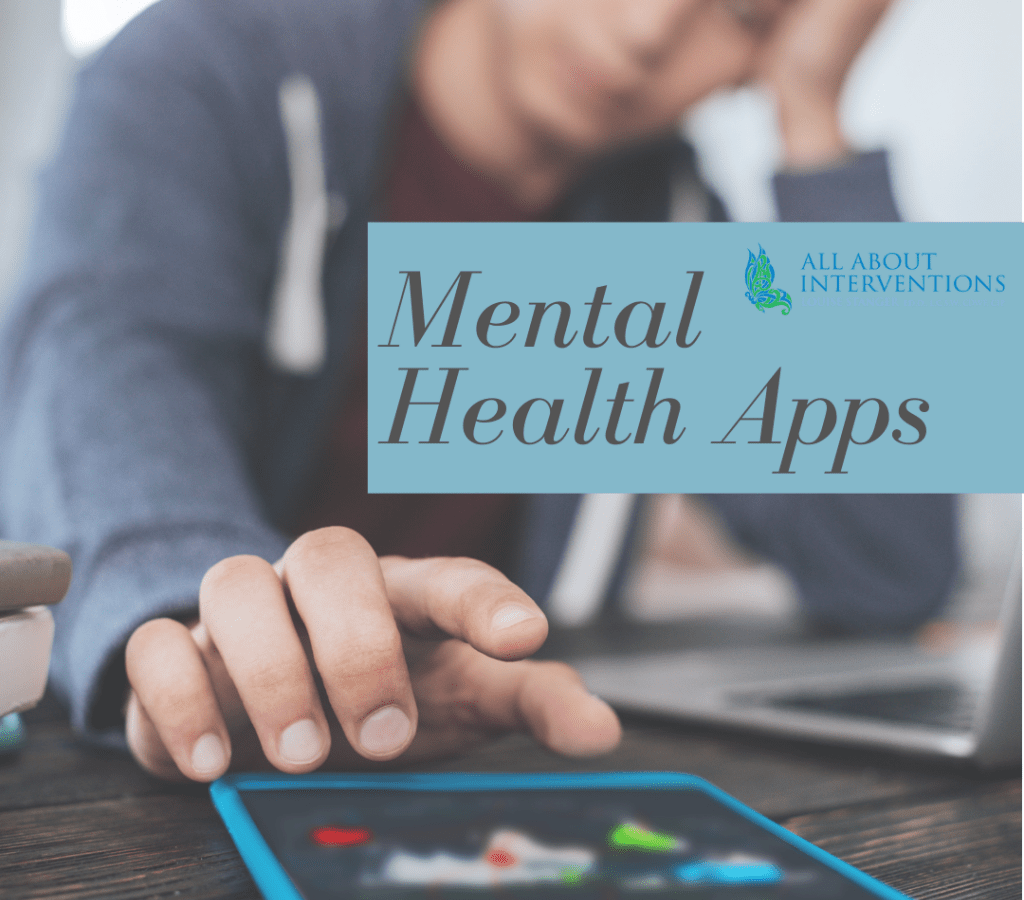Prince Harry made a splash last week when it was announced he became Chief Impact Officer of Betterup.com, a billion dollar mental telehealth company. However, he is not alone; over the past year online mental health and addiction apps have been on the rise. From Talkspace to Knightbridge (on line gambling and gaming help service), companies are sprouting up like fields of poppy. Recently, the New York Magazine and The Cut both featured excellent exposes on the efficacy of these new online therapies offered to both individuals and companies.
As Covid 19 bloomed, the conventional mental health world adapted to a “customer demographic coveted by direct to consumer start ups conducting its work life over Zoom” and buying groceries from Amazon. Why should not therapy do the same? Billions of dollars are now being spent on marketing so that the consumer will be enticed to try one-stop therapy shopping.
I have to admit that even I who always have done blender care – in person and Hippa-compliant Zoom found myself talking more to squares then in person at the start of the Covid.
That being said, I am skeptical about many of the apps. As the Cut reveals, many are nothing more than “scented candles with self guided therapy.” I guess the upside is that seeking help for mental health is now “cool.” However, these apps are all over the place in price range and competency; some are delivered through employers and others you pay for. TalkSpace, BetterHelp, Brightside and Calmerry that connect folks to licensed clinicians may cost hundreds of dollars per session and the length of service is usually only 30 minutes. In my experience it’s all but impossible to reach a solution in 30 minutes! This is especially true for individuals seeking help for multiple issues.
None the less, the verdict is out: the techno mental health boom is here to stay. As a behavioral health professional, as a family member, please let me know about your experiences and your thoughts on receiving mental health and substance abuse services via apps.


